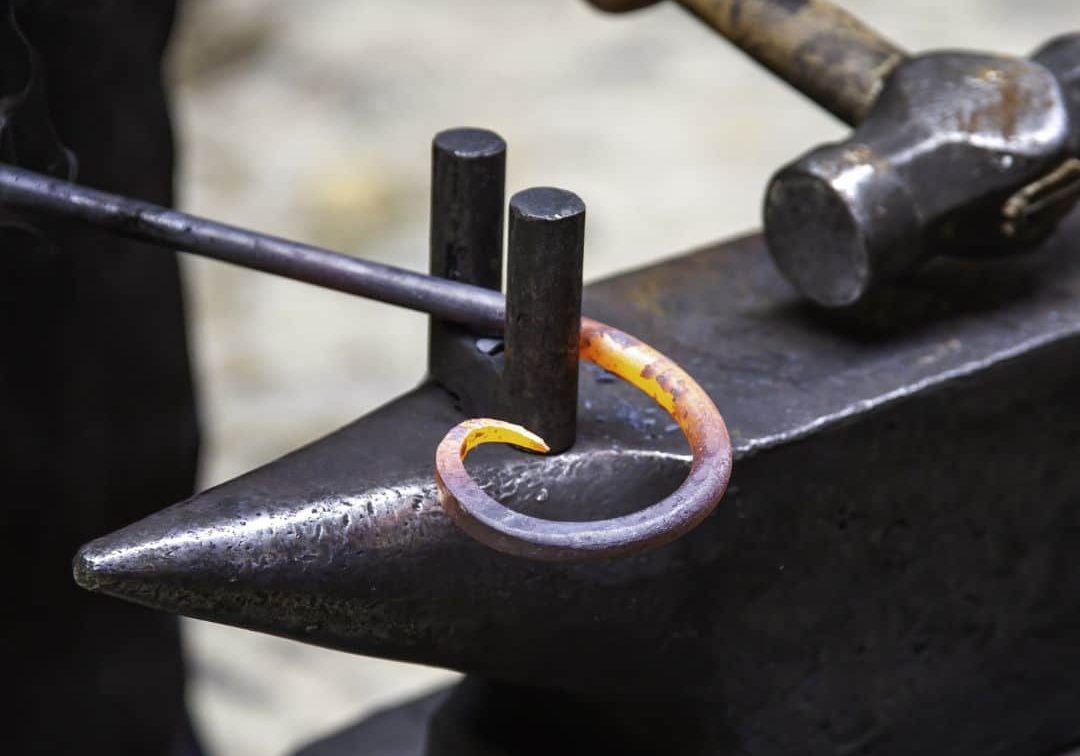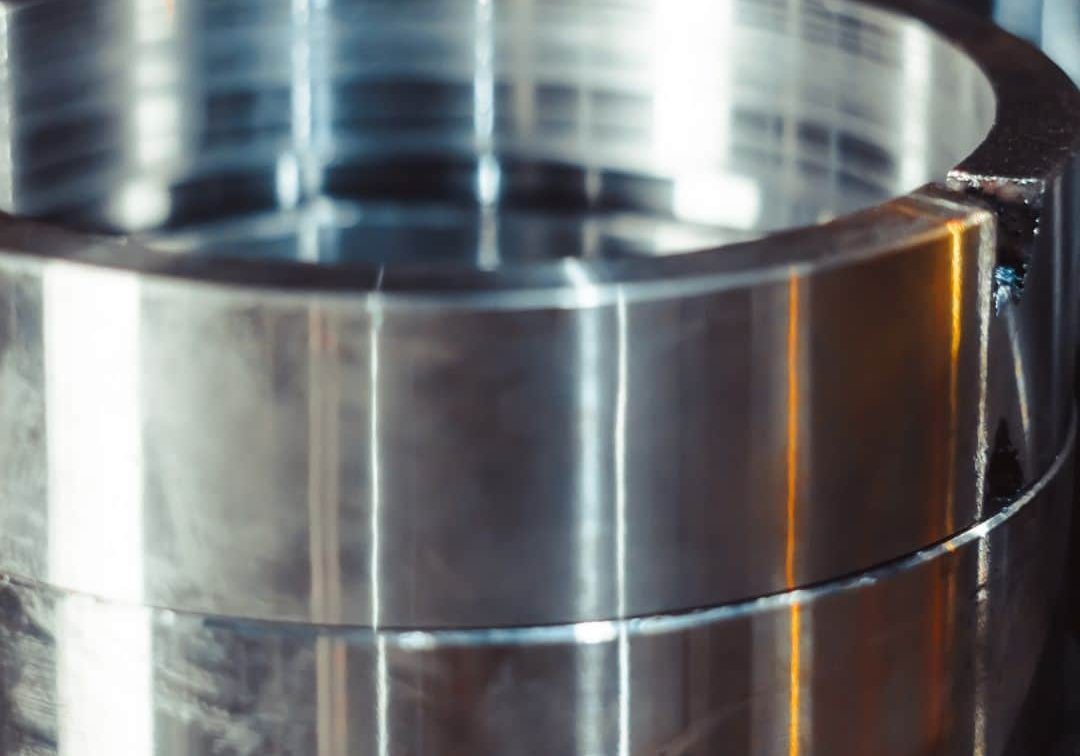Iron vs Steel: What is the Difference?
In the industry of forging, there are two metals that steal the spotlight: iron and steel. These metals have been the backbone of forging for centuries, both forming our structures, tools, and vehicles across the ages. But what sets these two types of metal apart? What are the key differences that determine which one of key to your projects?
B.B. Price explores the difference between iron and steel in forging, helping break down the differences in order for you to make the most effective choice for your projects.
Iron vs Steel: Understanding the basics
What Is Iron?
The Foundation of Strength
Iron is one of the most abundant metals on the planet, being one of the oldest metals that we know of offering strength and versatility. When iron is in its purest form, it is soft and malleable which makes it perfect for forging.
Iron begins as iron ore and is extracted for forging via a process called smelting. The result of this process is wrought iron that is low in carbon giving it a distinct fibrous structure.
What Is Steel?
A Masterful Alloy
Steel on the other hand is a masterful alloy of iron and carbon. It inherits it strength from iron whilst gaining enhanced hardness and durability.
Steel is often alloyed with additional elements such as nickel, chromium, and manganese to tailor its properties for specific applications. The addition of these elements and carbon creates differing grades of steel that are each uniquely designed for a unique purpose.
Why Iron and Steel For Forging?

Iron's Versatility
Iron, as a malleable metal, makes a perfect candidate for forging. Whether it is hand forging or open die forging, iron adapts to the touch of a forging expert with ease. Wrought iron, with a low carbon content, is prized for its ability to be shaped into intricate designs, making it favourable in ornamental forging.
Steel: Redefined Strength
Steel, as an alloyed metal, beings another dimension to forging. The controlled addition of carbon and other elements make it superior in strength, durability, hardness, and heat resistance. Closed die forging thrives on the properties of steel, producing components with a tight tolerance and intricate details, utilising precision within forging.

Benefits of Iron in Forging
Iron has a number of benefits that it brings to the table in forging, including:
- Formability: The malleability in iron in forging allows for intricate designs and custom shapes. This often makes it the preferred choice for ornamental forging and artistic creations.
- Historical Significance: Wrought iron brings tradition and authenticity to forged pieces due to its rich history. This makes it the sought after material for heritage projects more often than not.
- Corrosion Resistance: When treated correctly, iron can exhibit good corrosion resistance, adding to its durability and longevity in a variety of applications.
B.B. Price takes the time to understand your project and will recommend the right metal for you dependent upon your needs. If you are looking for a wrought iron project, let us know today.
Benefits of Steel in Forging
Much like iron, steel has a number of benefits in forging that make it the go to choice for certain applications. The benefits of using steel include:
- Strength & Durability: The alloying process enhances the inherent strength of iron, making steel components significantly more robust and durable.
- Precision Engineering: The properties of steel make it ideal for precision forging, ensuring components meet exacting standards in terms of dimensions and tolerances.
- Versatility: The different grades of steel allow for tailoring components to specific applications, whether it be structural elements for construction, or mechanical parts for mining.
B.B. Price offer a range of forging services and processes to a varying number of sectors across the UK. Take a look at our sectors and processes today and find out how we can help you today.
Iron vs Steel: Making Your Choice Easier with B.B. Price
Both iron and steel have a number of benefits in forging, both making the ideal solution for projects, depending upon your specific requirements.
At B.B. Price, we have a wealth of knowledge and skills in using both iron and steel for forging application. If you have a project and are not sure which metal is best, get in touch with our team today and we can help get your project started off correctly.
Start forging ahead with B.B. Price today with tradition and innovation at your fingertips.

